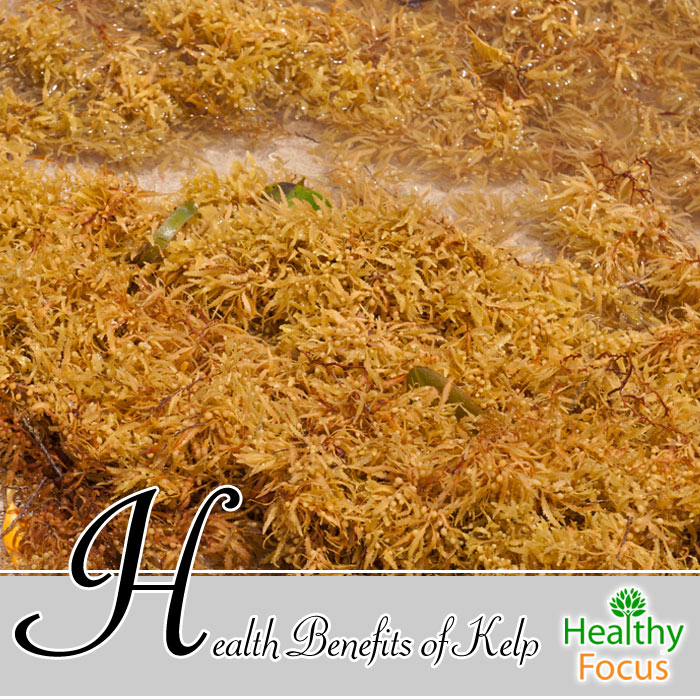Health Benefits of Kelp
Have you been eating your sea vegetables? Relatively new to Western palates, kelp is bursting onto the scene, rich in nutrients and claiming to be the new weight loss cure.
Revered for centuries in the East, the vitamins and nutrients contained within kelp has been added to a balanced and nutritious diet for centuries while being celebrated for its health benefits.
Nutritional Value
Used in the cuisine of Asian countries, kelp it a type of algae or seaweed. Native to forests and shallow bodies of water, kelp grows in abundance. This sea vegetable is considered to be a superfood due to its high concentration of vitamins and minerals.
Vitamins
This vegetable lurking in the sea is loaded with vitamins, particularly B-vitamins. B-vitamins are essential because they are one of your body’s sources of energy and is responsible for cellular metabolism.
Kelp is also rich in vitamin C, which helps to support healthy skin and a strong immune system. Loaded with antioxidants, kelp also boasts itself to be a good source of vitamin K. Vitamin K is also essential for the health of blood vessels.
Minerals
Kelp is valued for its high mineral content. A healthy and balanced diet requires getting enough minerals to help promote the functioning of muscles and to maintain strong bones. Fortunately, kelp is loaded with calcium, magnesium, and boron.
Iodine
One of the major benefits of kelp is its rich concentration of iodine. Iodine is necessary to maintain the healthy functioning of the thyroid and synthesizing important hormones in the body.
When a body does not get enough iodine, the metabolism malfunctions and swelling may occur. Not getting enough iodine in the diet may also lead to the development of a goiter. Iodine is also beneficial because when consumed via plants, it helps to reduce the harmful effects of radiation exposure.
Chlorophyll
Did you know that the energy synthesizing effects chlorophyll has on plants also occurs within humans? Rich in nutrients, amino acids, and antioxidants, the large amounts of chlorophyll found in kelp increases oxygenation around the body.
This occurs because chlorophyll has a similar composition to human blood and therefore encourages the production of red blood cells. Overall, this helps increase the energy levels in the body.
Sodium Alginate
Seaweed in general is a major source of sodium alginate and fortunately, kelp is no exception. Sodium alginate protect the body from radiation exposure.
Kelp and Weight Loss
One of the major benefits associated with consuming kelp is its purported weight loss abilities. This stems from kelps rich content of iodine, which helps regulate the body’s metabolism.
Kelp is also believed to be a rich source of energy for the body. Getting enough iodine in the diet helps boost the metabolism of those suffering from an underactive thyroid.
A healthy functioning thyroid is necessary for weight loss because one of the jobs of the thyroid is for determining how the body burns calories and uses energy. Iodine is the factor that jumpstarts this process.
The thyroid absorbs iodine from the blood and synthesizes it into hormones necessary to the healthy functioning of the body. Tests are still in the preliminary stages to determine how effective kelp is in the weight loss process.
Some Considerations and Side Effects
When it comes to kelp, there is such a thing as too much of a good thing. Kelp is rich in iodine, and consuming too much iodine may cause some side effects. Despite being necessary for the healthy functioning of the thyroid, consuming too much iodine can cause the thyroid to malfunction.
It is recommended to keep your kelp consumption at a 150 milligrams daily. Table salt also contains iodine, so when consuming kelp, keep that into consideration. Finally, kelp may contain arsenic, so when taking a kelp supplement, stick to the recommended amount to prevent arsenic poisoning from occurring.

Leave a Reply
You must be logged in to post a comment.